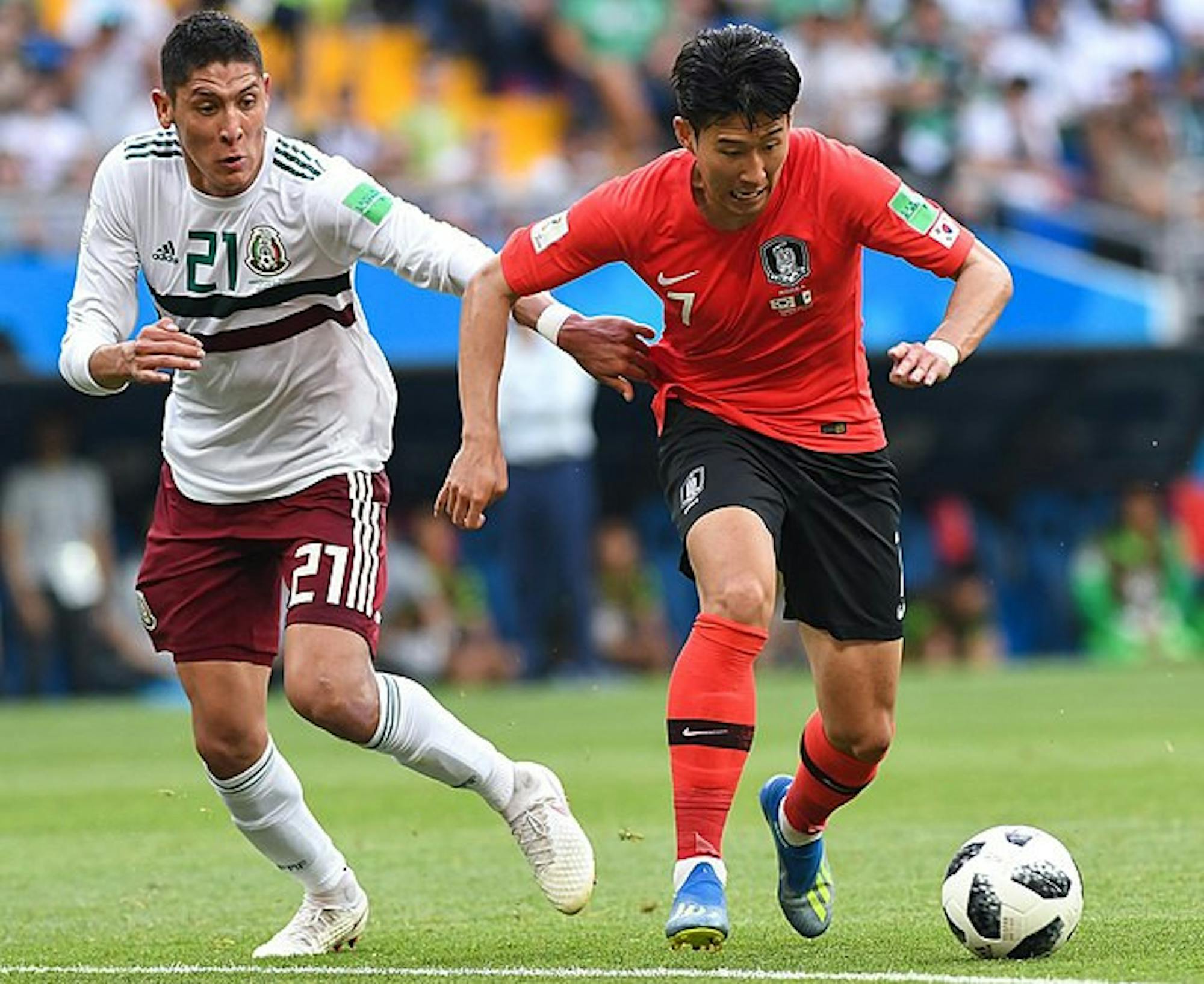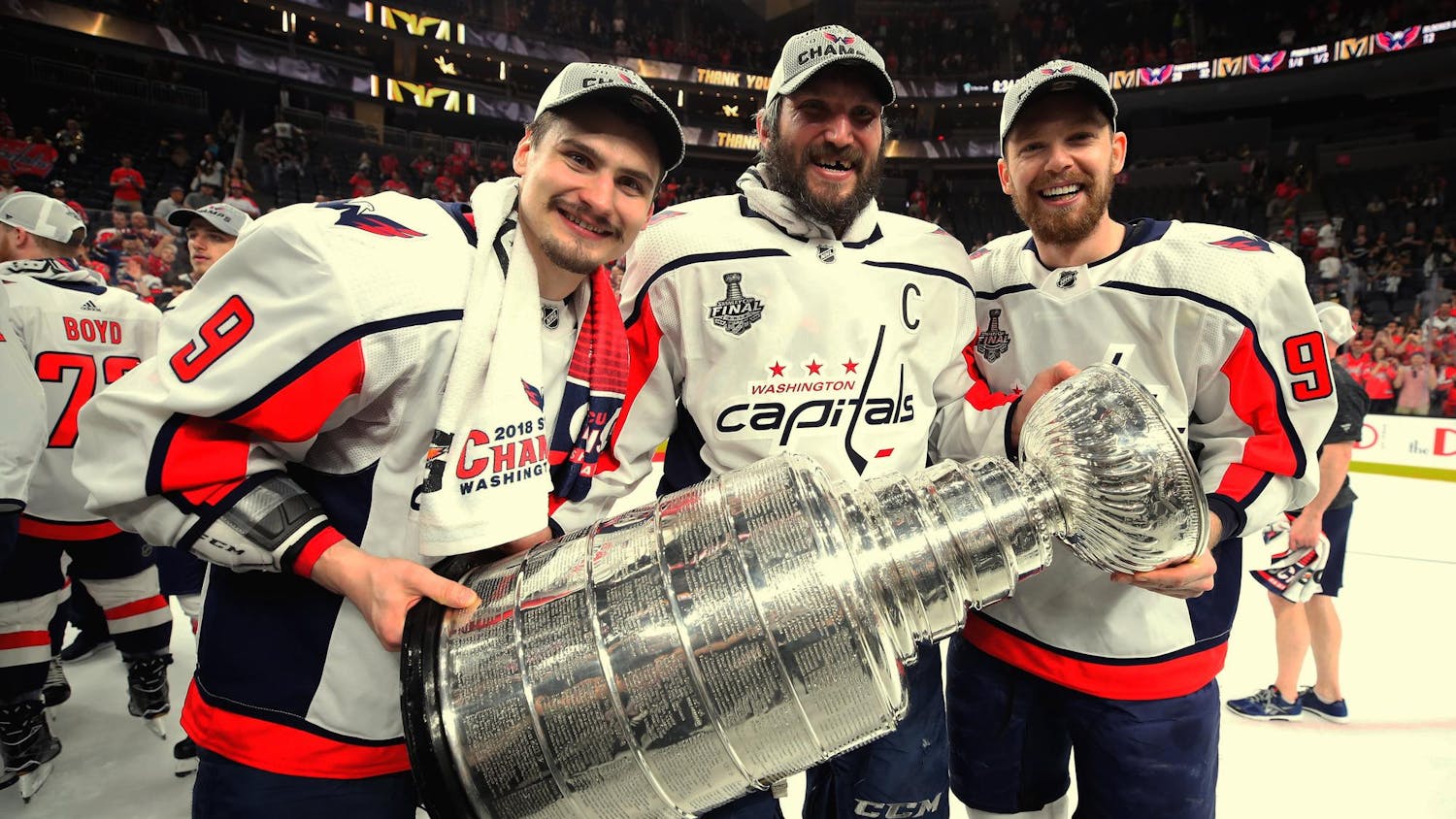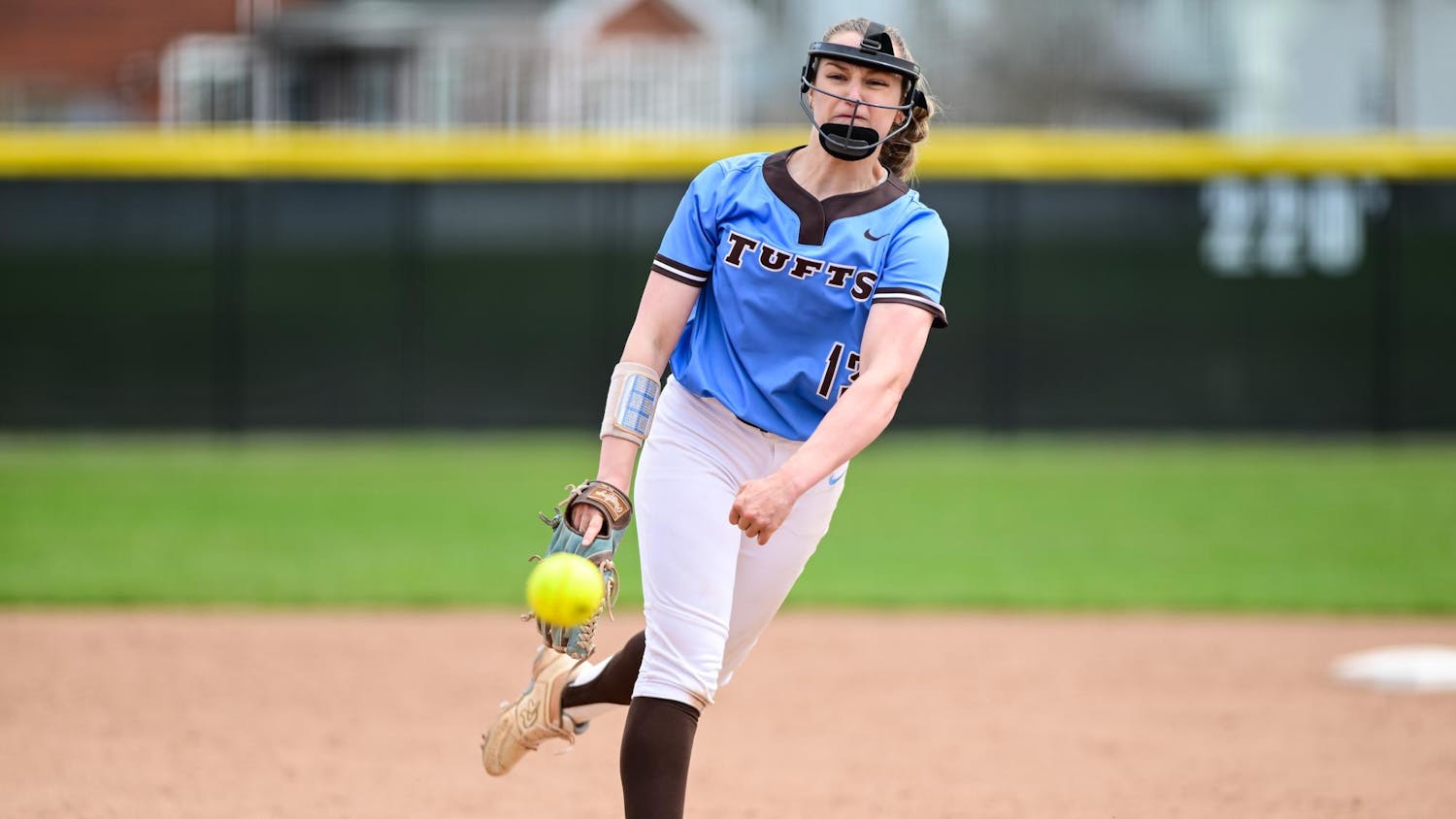A hopeful looping ball into the box by right-back Matthew Loton is dealt away by the outstretched left boot of Jan Vertonghen. Bouncing at the edge of the box, the ball lands at the feet of Heung-Min Son. Looking for options, Son advances the ball while scanning the diagonal runs of teammates Dele Alli and Lucas Moura, neither of which seem worth pursuing. Two retreating Burnley defenders shuffle from left to right as another pair begins pressing from behind. In a momentary glance over his shoulder, Son realizes he’s surrounded and the only way out is forward. In five quick touches, the Korean winger, a lone white shirt in a circle of maroon jerseys, darts past the half line. A hush of anticipation quickly turns into a roaring cheer as Son accelerates away from the chasing pack, his teammates slowly fading from the frame. One-on-one with the goalkeeper, Son opens his body and slots away another special goal.
In disbelief, like most in attendance, the commentator declares it “one of the best goals of his Spurs career,” but many might agree that it was one of the best in Premier League history, fittingly winning the FIFA Puskas award the following year. But history isn’t made overnight and a club legend isn’t always a local hero. In the case of Son, his journey to stardom has been a reminder that dreams can be earned through pure discipline and dedication.
Born in Chuncheon, South Korea, Son’s father also shared a deep passion for the game. A former player turned coach, Son Woong-Jung raised Son and his older brother with strict values on and off the field. Son recalls training for hours on end, sometimes juggling the ball to the point where he would see multiple balls on uneven ground. One training drill required Son to run three laps around the field, juggling with his right foot, then left, and finishing with both alternating. If he made a mistake, he would start again. This relentless regime molded Son into a machine. Ball control, precision passing and shooting were all elements Son perfected in his early days. After spending time at FC Seoul, Son moved to Germany where he would climb the academy ranks at Hamburger CV before breaking into the first team. Impressive performances opened up a move to Bayer Leverkusen where consistent game changing performances would eventually attract the interest of Tottenham Hotspur.
Now one of Asia’s greatest ever players, statistically surpassing Manchester United’s former midfield engine Ji-Sung Park, Son remains grounded in the simple playing style he was taught as a boy. When on the ball, Son maximizes the effectiveness of every touch while charging at defenders, feinting left and right to create space and finishing most chances that come his way. Instead of fancy footwork and uncesserary ball skills, Son focuses on speed and direction, with the occasional step-over if needed. Last season, the Korean megastar finished joint-top scorer in the Premier League alongside Liverpool’s Mohamed Salah. Although the pair finished with 23 goals each, Son took 48 fewer shots than Salah, highlighting his efficiency in front of goal. In the 2021–22 season, he finished in the 96th percentile of wingers with the highest expected goals ratio (xG).
With the sport changing, now more fast-paced than ever, margins make the difference and players like Son are invaluable assets. As the first Asian player to win the Golden Boot, Son has given Asia another sporting icon and his cultural influence in Korea is particularly noteworthy. According to Korean law, all citizens between ages 18–35 are required to serve in the military unless granted an exemption for health reasons or exceptional performances for the country. In 2018, Son led Korea to gold in the Asian games in a tense 2–1 victory over Japan in the final. For doing so, his military service was reduced to about a month. In May 2020, Son completed his three week training with the Marine Corps and was awarded the “Pilsung” prize which recognizes a handful of exceptional trainees.
In his time at Spurs, Son has scored over 130 goals and helped the North London club reach the Champions League final in 2019. He was also a part of the side that battled against Leicester City for the Premier League title in 2o16. Although initially struggling to secure a spot in former Tottenham Hotspur coach Mauricio Pochettino’s lineup, Son slowly became one of the Argentine’s key players alongside Harry Kane. Since Pochettino’s departure, subsequent head coaches Jose Mourinho and Antonio Conte have held Son in high regard. On match days, white specs of Korean flags can often be seen scattered around the dense crowds.
When it comes to football, there is often a stereotype that the world’s best players emerge from one of three continents: Europe, South America, or Africa. One that is regularly overlooked is Asia. Perhaps because there hasn’t been a regular supply of ‘glamorous’ stars with flair coming from the region. But flair only takes you so far. As much as experts, fans and managers admire a traditional entertainer, they much prefer the excitement of a goal than a perfectly executed rabona. Son earned the nickname “Sonaldo” in his days at Leverkusen partly because of his No.7 shirt but mostly due to his playing style. Even a young Cristiano Ronaldo, one of Son’s idols, was obsessed with trickery until he realized his potential if he kept his style simple. Son exemplifies this. With every game, Son plays not only for Spurs but for a country with millions of kids that dream of scoring beautiful goals. That dream of transcending stereotypes and geographic boundaries. That dream of becoming their hero, Heung-Min Son.






